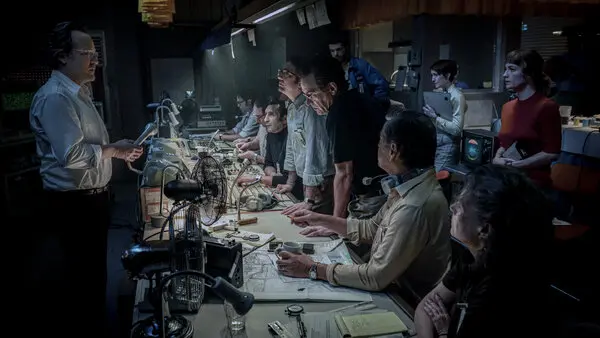‘September 5’ Captures One of the Most Shocking Massacres — of the Israeli Team at the Munich Olympics
A new movie offers a fresh angle on a terror attack that resonates anew after October 7, 2023.

An attack against Israelis in the small hours of the dawn. Hostages taken in front of a stunned world, footage capturing the horror in real time. That could describe not only October 7, 2023, but also September 5, 1972 — the massacre at the Munich Olympics. A new movie, called simply “September 5,” offers a fresh angle on the event. Its focus is how the attacks were covered by ABC News, which beamed the brutality to 900 million people.
The 1972 Olympics were intended to introduce the world to a new Germany. The last games on German soil, in 1936 at Berlin, had been presided over by Hitler. The 1972 games offered a new chance but, in the event, showcased the world’s oldest hate, courtesy of Palestinian Arab terrorists of the Black September organization. Eleven Israeli athletes were killed following a cascade of errors by West German security forces.
A login link has been sent to
Enter your email to read this article.
Get 2 free articles when you subscribe.

